Keywords: National Security
-

EDUCATION
- Erica Cervini
- 02 May 2024
In 1883, Bella Guerin became the first woman to earn a degree in Australia, a milestone for women in higher education. Today, women make up a majority of university students and staff, yet disparities in pay and representation persist.
READ MORE
-

INTERNATIONAL
- Binoy Kampmark
- 01 May 2024
1 Comment
For decades, the major powers of Israel, Iran and Saudi Arabia have kept a restraint on their hostile engagements, with preference given to battle waged via proxies. A recent Israeli air strike on Iranian offices in Syria and Iran's subsequent attack on Israel with 185 drones, 110 ballistic missiles and 36 cruise missiles suggested that calculated restraint had been finally abandoned.
READ MORE
-
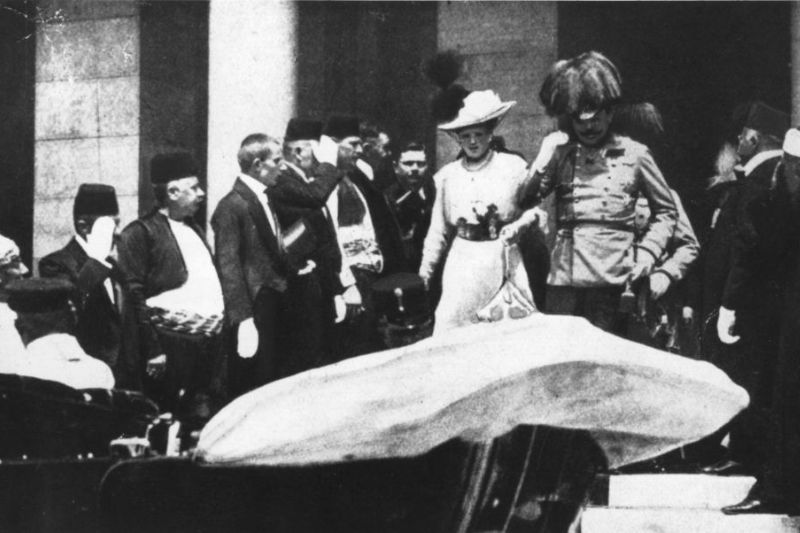
INTERNATIONAL
- Stephen Yorke
- 24 April 2024
1 Comment
On a June day in 1914, a Bosnian nationalist in Sarajevo ignited a chain reaction that reshaped the world. Gavrilo Princip, a 19-year-old student, did not aim to unleash a global conflict. From the halls of imperial power to the fields of battle, how did the shots fired in Sarajevo echo across continents, drawing empires into disarray and redrawing the map of the modern world? (From 2004)
READ MORE
-

ARTS AND CULTURE
- Daniel Simons
- 22 March 2024
Featuring a stellar cast of Hollywood’s finest actors, Apple TV's Extrapolations was a bold attempt to center a TV narrative around the dangers of our future on a warming planet, yet failed to capture audiences. But where Extrapolations failed as an effective cautionary tale for society, it may have succeeded as one for filmmakers.
READ MORE 
-
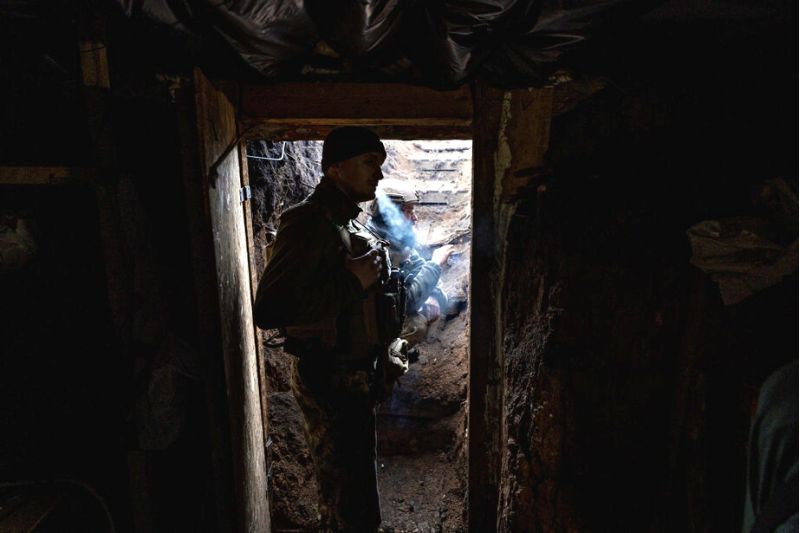
INTERNATIONAL
- Binoy Kampmark
- 28 February 2024
5 Comments
After two years, the attack on Ukraine by Russia on February 24 has left half-a-million dead, traumatised a generation, and promises little in the way of a halt to hostilities. The unpalatable reality to this conflict is that some diplomatic solution will have to be found in this war of murderous attrition.
READ MORE
-

AUSTRALIA
- Erica Cervini
- 30 January 2024
7 Comments
Public hospitals around the country introduced mixed gender rooms during the noughties to get patients to their rooms quicker after being in emergency. It has since become common practise, without significant debate or research.
READ MORE
-
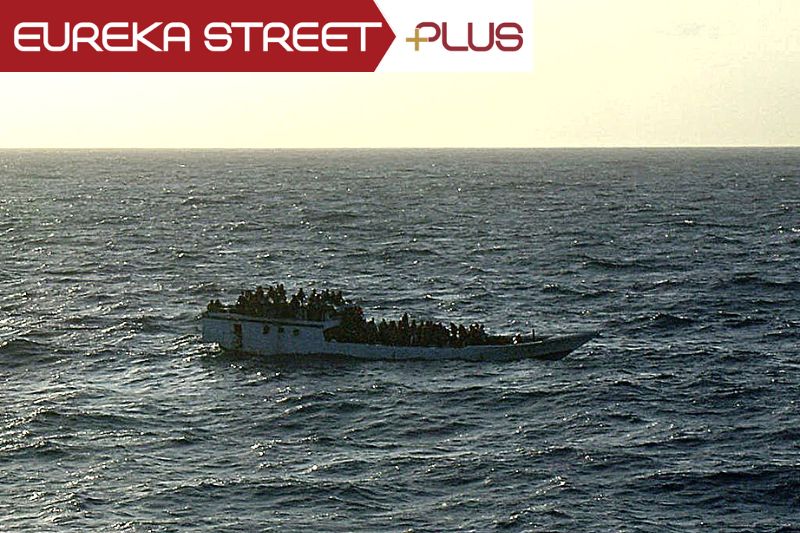
AUSTRALIA
- Kerry Murphy
- 04 January 2024
Throughout recent decades of Australian history, the stance every government has taken on asylum seekers has reflected the shifting political landscapes and challenging humanitarian issues that have continually shaped Australia's response to those seeking refuge.
READ MORE 
-

AUSTRALIA
- John Falzon
- 14 December 2023
4 Comments
No doubt there were some who genuinely believed that privatising employment services would result in better services at a lower cost to the public purse. But the engineers of the socially destructive projects of the neoliberal era knew very well that they were more likely to result in the enrichment of some to the detriment of many.
READ MORE
-
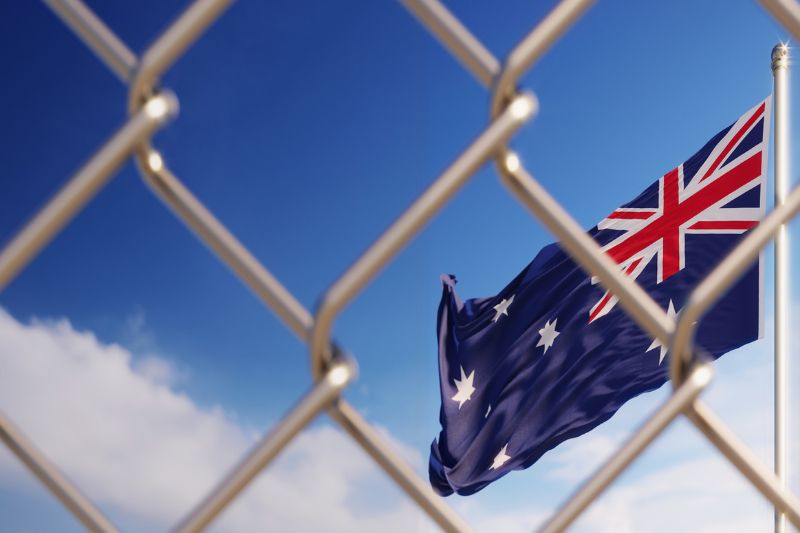
AUSTRALIA
- Kerry Murphy
- 08 December 2023
4 Comments
On 8 November, the High Court ordered a stateless Rohingya refugee known only as NZYQ to be released from detention. He could not be granted a visa because he was found gulity of sexually assaulting a minor, and he could not be sent anywhere because he is stateless. Until 8 November, he was stuck in indefinite mandatory detention.
READ MORE
-
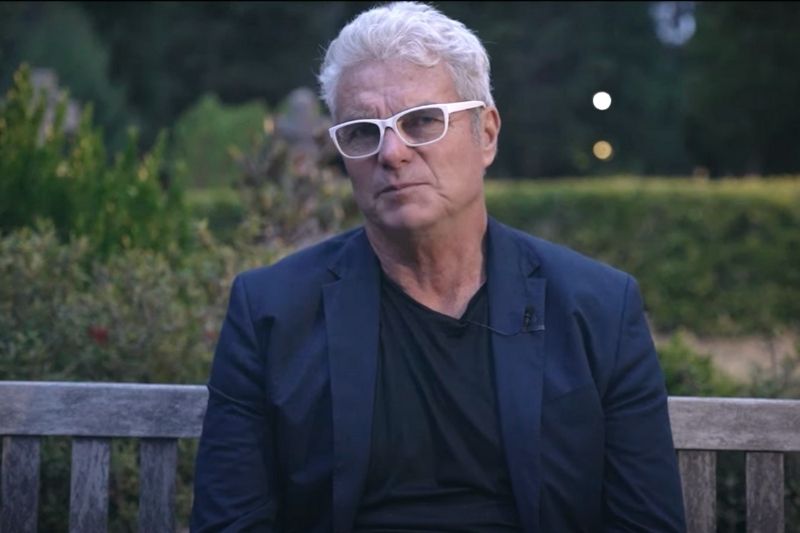
AUSTRALIA
- Binoy Kampmark
- 30 November 2023
3 Comments
Charged with breaching national security for exposing alleged war crimes by Australian forces in Afghanistan, former Australian military lawyer David McBride's trial in Canberra rekindles a debate that tests the boundaries of military obedience and public interest. At the heart of this legal battle lies the question: when does the duty to expose wrongdoing outweigh the duty to follow orders?
READ MORE
-

RELIGION
- John Warhurst
- 14 November 2023
11 Comments
Religion and politics are frequent bedfellows. Despite many clerics and bishops holding strong political views, and many lay Catholics being active within political parties, the successful embrace of synodality depends upon finding middle ground, and leaders who respect a diversity of views.
READ MORE
-

AUSTRALIA
- Binoy Kampmark
- 09 November 2023
1 Comment
Next week, former army lawyer David McBride will face trial, accused of leaking classified defence information. Meanwhile, the prospect of meaningful whistleblower reforms that would shield Australian public servants who contemplate exposing wrongdoing through the media seems remote.
READ MORE